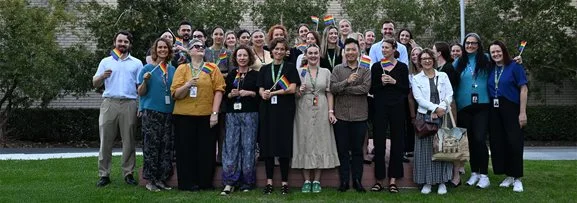Mental Health Commission
The Mental Health Commission (Commission) is a government department that reports to the Minister for Mental Health.
It is led by a Commissioner and supported by the following Divisions:
- Office of the Commissioner
- System Development
- Commissioning and Programs
- Governance and Corporate Services.
The Commission provides support to three independent bodies - the Mental Health Advocacy Service, the Mental Health Tribunal and the Office of the Chief Psychiatrist. They operate independently but are provided with corporate services support by the Commission.
Our Ministers
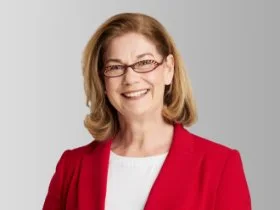
Hon Meredith Hammat BA MIR MLA
Meredith Hammat is the Minister for Health and Mental Health, and the Member for Girrawheen.
Meredith was elected to the Parliament of Western Australia in 2021.
She was appointed the Parliamentary Secretary to the Minister for Education; Aboriginal Affairs; Citizenship and Multicultural Interests in 2022. In 2023, she was additionally made the Parliamentary Secretary to the Deputy Premier; Treasurer; Minister for Transport and Tourism.
Prior to entering Parliament, Meredith spent more than 20 years advocating for working people in various roles in the union movement including serving as President and later Secretary of UnionsWA between 2008 and 2020.
She has held a number of positions on Boards and Government advisory committees, including the State Training Board, My Leave (the Construction Industry Long Service Leave Fund), the Sustainable Health Review and Triathlon WA.
Meredith has a Bachelor degree and a Masters degree from the University of WA.
She grew up on a farm in the Great Southern region of WA and now lives in Perth with her husband, two adult sons and their schnauzer named Zoey.
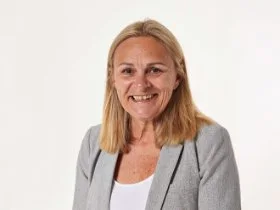
Hon Sabine Winton BA BPS MLA
Sabine Winton is the Minister for Education; Early Childhood; Preventative Health; Wheatbelt.
Sabine was first elected to Parliament in 2017, as the Member for Wanneroo. During the 40th Parliament, she was a member of the Education and Health Standing Committee and served as Acting Speaker of the Legislative Assembly.
Sabine was re-elected in 2021 and appointed as the Parliamentary Secretary to the Premier; Treasurer; Minister for Public Sector Management; Federal-State Relations. As part of this role, she was the Chair of the Steering Committee for the Aboriginal Cultural Centre project.
In December 2021, she was additionally made the Parliamentary Secretary to the Deputy Premier; Minister for State Development; Jobs and Trade; Tourism; Science; Commerce.
In December 2022, Sabine was elevated to Cabinet as the Minister for Early Childhood Education; Child Protection; Prevention of Family and Domestic Violence; Community Services.
Prior to entering politics, Sabine was a teacher for 27 years and taught in various locations across Western Australia including Fitzroy Crossing and the Cocos (Keeling) Islands. More recently, Sabine held the position of Primary Extension and Challenge Coordinator (PEAC) with the Department of Education from 2005-2017, where she also achieved the status of Level 3 classroom teacher.
Sabine attended Wanneroo High School and remains a long-time Wanneroo local, where she raised her three daughters.
Senior Executive Group
The Senior Executive Group (SEG) is responsible for the overall performance and compliance of the Commission and ensuring the delivery of consumer-focused mental health and alcohol and other drug outcomes.
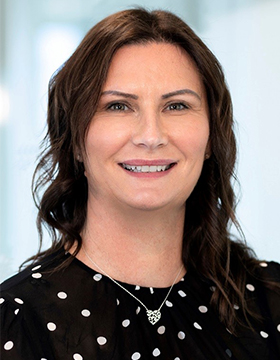 | Maureen Lewis Maureen Lewis was appointed Commissioner of the Commission on 1 July 2023. Maureen Lewis is an experienced senior executive and accomplished leader, with a proven track record in driving strategy and reform within the mental health sector. Maureen has an extensive background working in the mental health and drug and alcohol sector across mental health commissions, clinical services, policy, reform, strategy, planning and regulatory functions. She has experience leading and driving strategy and reform in complex service delivery environments in WA, New South Wales and across the Commonwealth. Throughout her career, Maureen has worked in significant leadership roles, making a difference to the lives of some of the most vulnerable people in our community to empower individuals and families to lead fulfilling lives. Maureen is uniquely placed to lead the necessary reforms of WA’s mental health and AOD systems, informed by her grassroots clinical experience, intimate understanding of the community we serve and extensive leadership experience across Australia. |
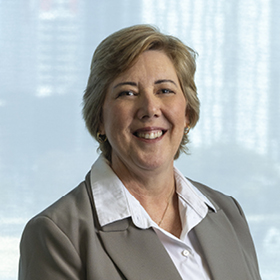 | Monica Taylor Monica is an experienced executive, who has held a variety of leadership roles over the past 15 years, and has been a Mental Health Nurse for over 30 years. She has a history of working in the hospital and health care industry within the WA health sector and is skilled in health care management, organisational development and patient safety. Monica brings a skill set in clinical governance and has applied this as an Australian Council of HealthCare Standards assessor for over 10 years. |
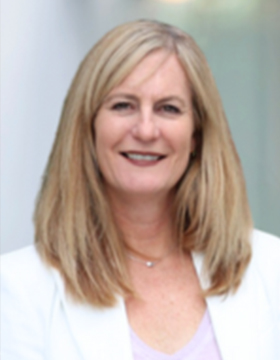 | Julia Knapton Julia has a long history working within the mental health and alcohol and other drug sectors and has previously worked at the Commission as Director Planning, Policy and Strategy and acting Assistant Commissioner between 2015 and 2019. During this time, she was responsible for mental health, alcohol and other drug strategy and services development, legislative services as well as consumer engagement. As Deputy Commissioner of System Development, Julia oversees the Office of Alcohol and Other Drugs and the Commission’s system-wide policy and strategy including legislation, intergovernmental relations and governance, stakeholder engagement, and performance, monitoring and evaluation. With more than 30 years’ experience in health and education, Julia is passionate about ensuring people are placed at the centre of planning reform to ultimately improve outcomes for individuals and communities in WA. |
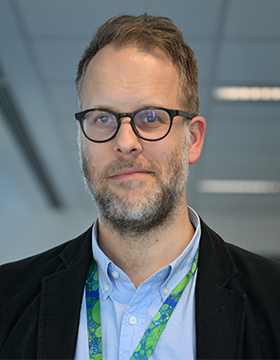 | Matthew Richardson Through a variety of policy, analysis, and finance and corporate roles, Matthew’s career focus has been on systemic reform and continuous improvement, seeking to drive better outcomes and more efficient processes for the delivery of services to West Australians, primarily in health and social services portfolios. While at the Treasury and as the Finance and Business Services Director for the Disability Services Commission, Matthew played key roles in the initial design and implementation of, and the intergovernmental negotiations for, the introduction of the National Disability Insurance Scheme. Matthew is also a Non-Executive Director on the Board of a Not-for-Profit therapy provider and an Associate member of CPA Australia. |
Assistant Commissioners
The four Assistant Commissioners work with the Commission by providing strategic and expert advice to inform system-wide reform.
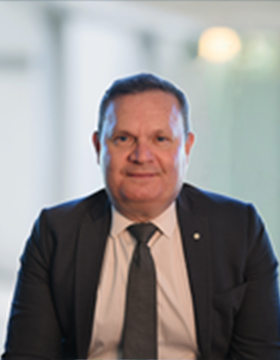 | Mr James Christian |
 | Dr Stephen Bright Dr Stephen Bright has significant alcohol and other drugs research experience and understands contemporary and emerging policy issues. He has previously held senior clinical and managerial positions at publicly funded health services and is often called on to provide expert testimony at high-level inquiries. |
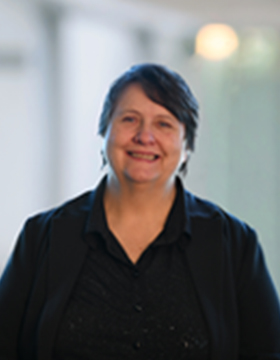 | Ms Patricia Tran Patricia Tran has significant experience providing peer work, peer supervision and suicide training across the sector through a wide range of providers, including Consumers of Mental Health WA, the WA Recovery College, the Family Inclusion Network WA and Shelter WA. She is a sessional lecturer and research assistant with Curtin University, is well connected in the sector and brings a wealth of experience. In 2023, Patricia and her team at Curtin University received the Silver Category award at the International QS Reimagine Education Awards for ‘Nurturing Wellbeing and Purpose’ for creating an innovative program supporting student wellbeing. Patricia has also co-authored a number of academic articles championing Lived Experience knowledge, values and practice. |
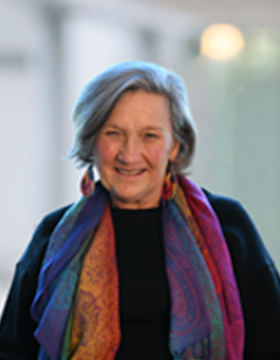 | Ms Wendy Cream Wendy Cream has a Family Lived Experience of mental health, alcohol and other drug issues and justice involvement. She has worked in a range of designated Lived Experience roles, including being the designated and sole Family/Carer member on the Ministerial Taskforce into Public Mental Health Services for Infants, Children and Adolescents aged 0 to 18 years in WA. Wendy has more than 30 years’ experience working in government and non-government roles with vulnerable communities in rural, remote and metropolitan areas. |
Page last updated29 October 2025

